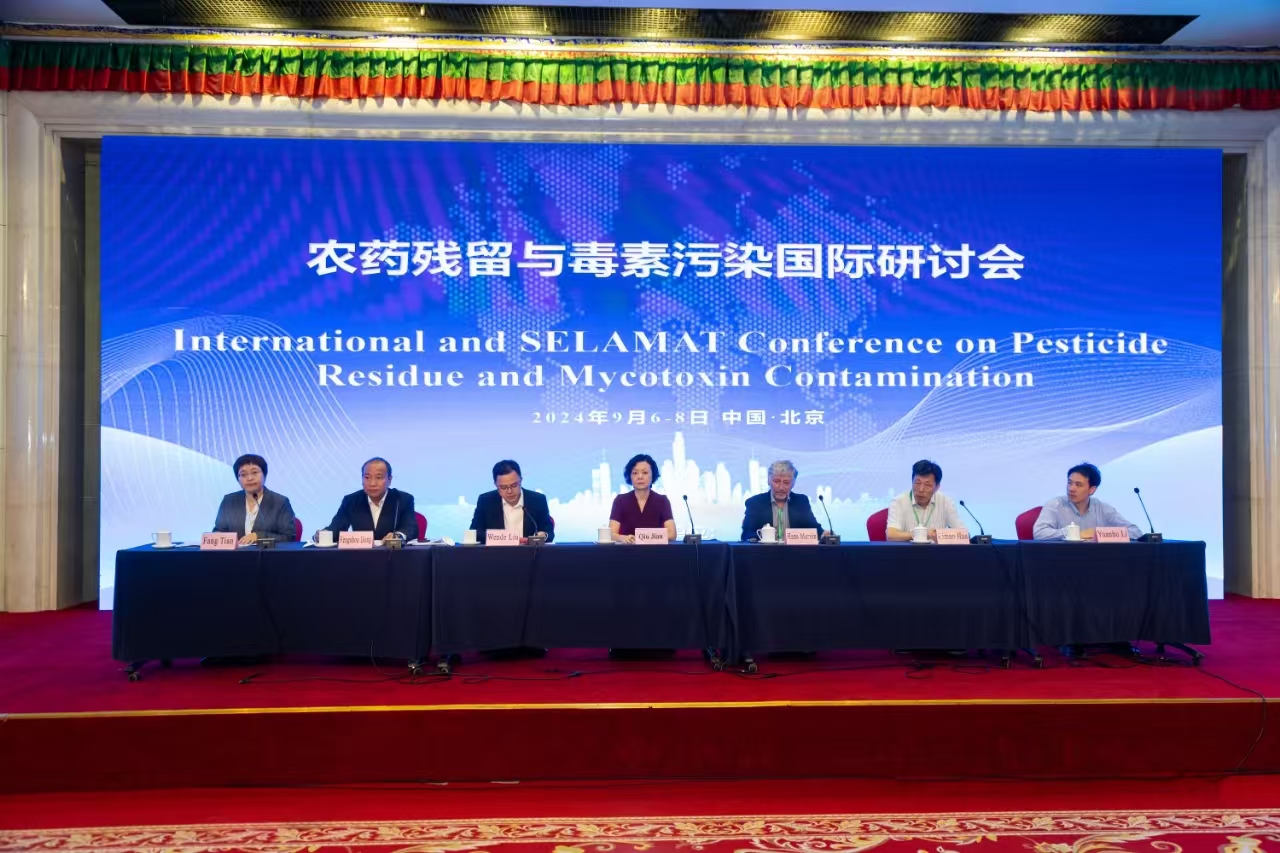Mr. Zhang Taolin, Vice Minister of the Ministry of Agriculture and Rural Affairs, inspected the prevention and control of fall armyworm at the experimental base of IPP-CAAS in Yunnan
On March 23, Mr. Zhang Taolin, Vice Minister of the Ministry of Agriculture and Rural Affairs (MARA), went to Jiangcheng county, Yunnan Province, to inspect the prevention and control of fall armyworm (FAW), Spodoptera frugiperda, at the experimental base of IPP-CAAS and several radar monitoring spots. Jiangcheng county, which has a border of 183 kilometers with Vietnam and Laos, was the earliest (January 2019) spot where FAW invaded China in 2019 and the main migration channel of FAW from Southeast Asia to China.
Mr. Zhang Taolin listened to a report given by Zhao Shengyuan, a Ph.D. student of IPP-CAAS, affiliated with the Innovation Team for Economic Crop Pest Monitoring and Control. In his report, Zhao Shengyuan presented the team's work on dynamic monitoring of cross-border migration of FAW, and the monitoring effect of new types of insect radar, high-altitude forecasting lamp, sex pheromone trap and other equipment on FAW. After the report, Mr. Zhang Taolin fully affirmed the research work on the front line of the battle against FAW. He urged the scientists to take full advantage of the insect radar monitoring platform, which should not only be used to monitor FAW, but also to promote the study on monitoring desert locusts so as to solve the problems in precise identification of desert locusts by the insect radar.
Mr. Zhang Taolin required the local government and agricultural and rural departments to take prevention and control of FAW as a major task for this year. He brought forth the following specific requirements. First, to clarify each party's responsibility and increase the communication among them. The funds and supplies for prevention and control of the fall armyworm should be prepared in advance, which can effectively alleviate the harms to local farmers and reduced the migration of the pests to other places. Second, to strengthen the monitoring of FAW occurrence. The monitoring network for FAW should be set up intensivelyaccording to its migration path, and the intelligent monitoring measures should be fully utilized to make timely and accurate prediction and early warning. Third, to emphasize the integrated prevention and control of FAW. Key steps and key areas should be paid much attention to. Unified control and joint control measures should be strengthened, especially the biological and chemical pesticides should be combined in practice to improve the control effect. Fourth, to strengthen the guidance and services. During the critical period, more experts should be dispatched to conduct tour guidance and technical trainings to farmers, promote and popularize the technologies for scientific use of pesticides, and continuously improve the capability for prevention and treatment.
Finally, Mr. Zhang Taolin emphasized that it is urgent to take concrete prevention and control measures, and firmly contain the outbreak of FAW. Additionally, we should strictly prevent the invasion of the African desert locusts, and strive to achieve this year’s goal of grain harvest. Mr. Zhu Enlin, Deputy Director of the Planting Department of MARA, and Mr. Wang Fuxiang, Deputy Director of the National Agricultural Technology Center of MARA, accompanied the inspection.

-
 China-Laos Training Workshop on Integrated Management of Destructive Crop Pests and Diseases Successfully held in Laos
China-Laos Training Workshop on Integrated Management of Destructive Crop Pests and Diseases Successfully held in Laos -
 New Plant Protection: New challenge and new opportunity for plant protection
New Plant Protection: New challenge and new opportunity for plant protection -
 International and SELAMAT Conference on Pesticide Residue and Mycotoxin Contamination Held in Beijing
International and SELAMAT Conference on Pesticide Residue and Mycotoxin Contamination Held in Beijing -
 CAAS President Meets Chairman of ASEAN FAW Taskforce
CAAS President Meets Chairman of ASEAN FAW Taskforce
